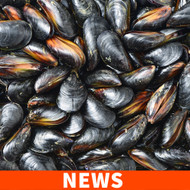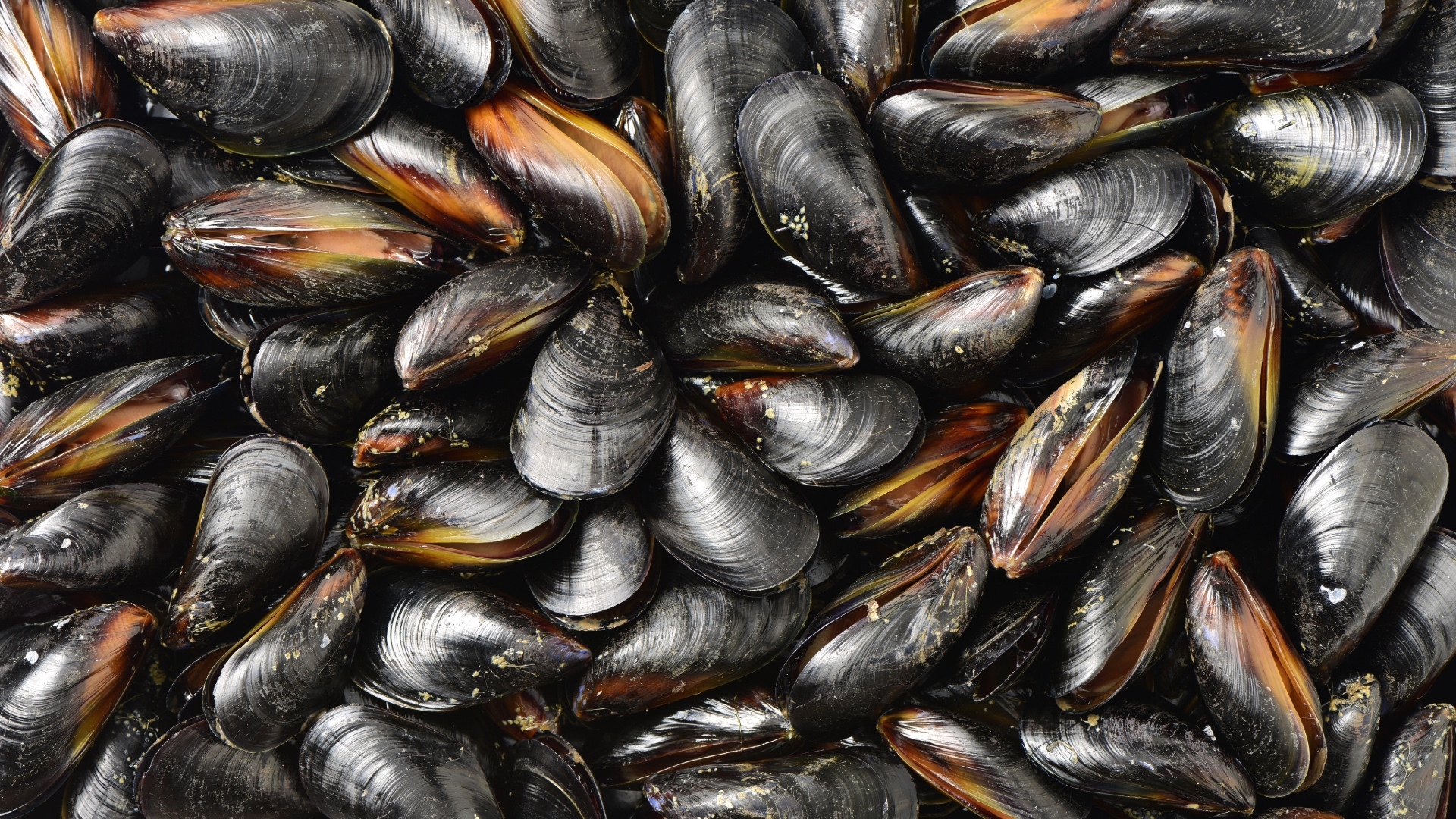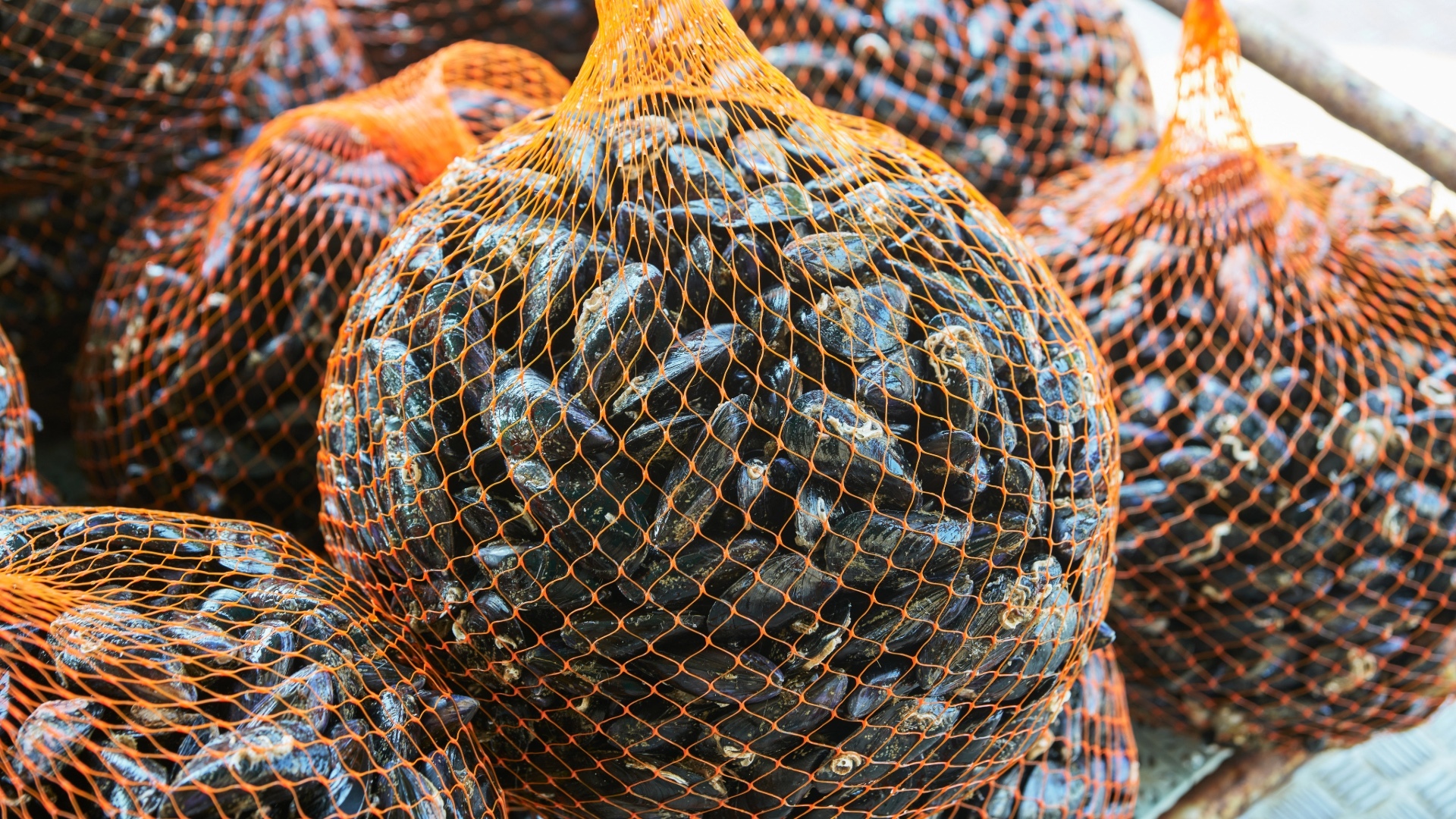British mussel exports hit stormy waters as French customs reject £150,000 worth of shellfish
Posted by Emma on 6th Nov 2025 Reading Time:
One of the UK’s leading mussel exporters has been left reeling after three truckloads of live mussels worth approximately £150,000 were rejected at the French border, prompting renewed concern over post-Brexit trade barriers and inconsistent enforcement of EU import rules.
Offshore Shellfish, a family-run company based in Lyme Bay, Devon, has spent years navigating the labyrinth of post-Brexit export procedures to maintain its trade with Europe — its primary market. However, recent rejections at the Boulogne-sur-Mer border post have cast doubt on the stability of that trade. The company described the customs decisions as “subjective and inconsistent,” leaving shipments stranded and ultimately destroyed at its expense.
Sudden rejections after years of smooth trading
Since Brexit, Offshore Shellfish had successfully sent hundreds of consignments to Europe without a single rejection. That changed abruptly in recent weeks when three consecutive shipments were turned away by French veterinary officials.
The cited reasons included concerns over byssus threads — the natural fibres that help mussels attach to ropes — and alleged insufficient cleaning. Yet, according to Sarah Holmyard, the company’s commercial director, the mussels met all existing standards and had passed previous inspections without issue.
“We’ve never had a single load rejected before,” Holmyard said. “Now, suddenly, three in a month — with no change in our process. It’s become completely subjective and impossible to plan for.”
The rejections not only led to substantial financial losses but also created reputational risks with European buyers. Each rejected consignment had to be destroyed in France, adding disposal costs on top of lost product value.
Politics at play?
Industry observers and exporters suspect the increased scrutiny may be politically motivated, coinciding with the UK–EU “reset” deal announced earlier this year by Prime Minister Keir Starmer and the European Commission. The agreement aims to simplify sanitary and phytosanitary (SPS) checks — the stringent health inspections that govern animal and plant exports — but implementation is not expected until 2027.
Ironically, instead of easing trade, many exporters have reported an uptick in rejections and delays since the “reset” was unveiled. Holmyard remarked, “I think it’s political. There’s no other explanation when the same product that passed before is suddenly being turned away.”
The UK government maintains that it has seen “no significant increase” in rejections and insists it is committed to negotiating an SPS deal that could add up to £5.1 billion a year to the British economy by reducing trade friction.
A blow to confidence and sustainability
The timing could hardly be worse for shellfish producers. Mussel harvesting typically resumes in autumn after the summer spawning season, making these early-season exports vital for cash flow. Having lost a quarter of its recent shipments, Offshore Shellfish faces serious questions about whether exporting remains viable under current conditions.
Beyond financial damage, the rejections have highlighted concerns over food waste and sustainability. Each truckload of live mussels destroyed represents thousands of animals wasted — an outcome the company described as “a disgrace” at a time when both nations are committed to food security and environmental responsibility.
“It’s a lot of food waste and live animal waste,” Holmyard noted. “We’re supposed to be improving sustainability, not burying food in landfill.”
Efforts to rebuild trust
In the face of mounting losses and with little direct assistance from UK authorities, Offshore Shellfish and its Dutch partner Krijn Verwijs acted swiftly. They secured a meeting with France’s chief veterinary officer, achieving what they described as a “revised common understanding” of the inspection terms. Exports have since resumed, though confidence remains fragile .
Wider implications for British seafood
The plight of Offshore Shellfish underscores the broader vulnerability of the UK’s seafood industry, which exports roughly 70% of its catch to Europe. For many small and mid-sized producers — from oyster growers to crab fishermen — the cost of uncertainty can be just as damaging as direct losses.
As the UK government prepares to open SPS negotiations with the EU, businesses across the hospitality and fish and chip sectors are watching closely. For suppliers, wholesalers, and restaurateurs reliant on premium British shellfish, these disputes threaten to disrupt availability and push up prices.
“We absolutely couldn’t run a business in that way,” Holmyard concluded. “It’s a lottery — and you can’t build customer trust on chance.”






